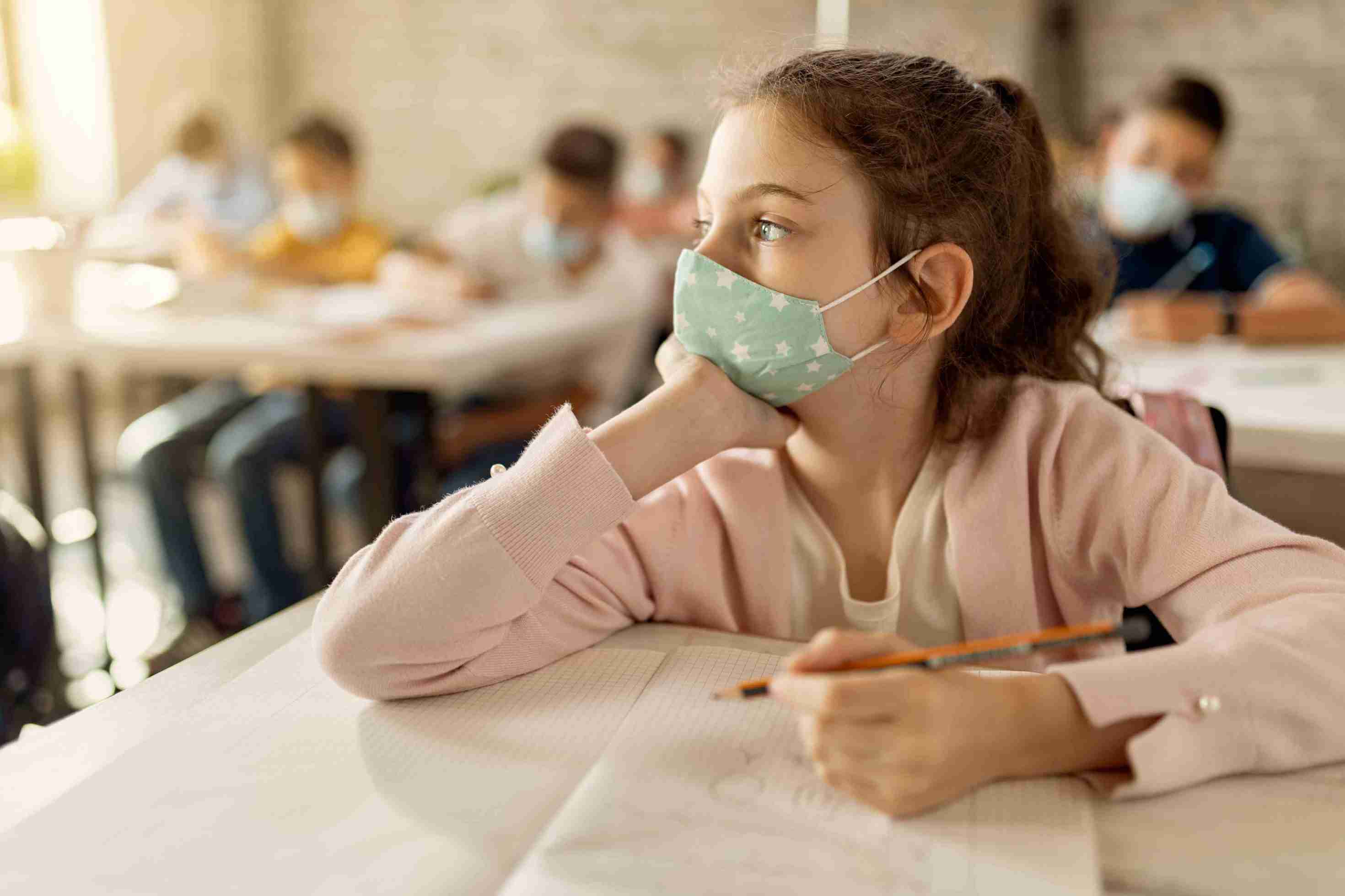UAE schools prioritize student safety as poor air quality suspends outdoor activities
19 Nov 2025

As dust and unstable weather affected parts of the UAE
earlier this week, several schools across Dubai and Ajman temporarily suspended
outdoor activities to protect students’ health. With air quality levels dipping
below safe limits, schools swiftly adapted their routines, shifting physical
education (PE), lunch breaks, and co-curricular programs indoors.
Schools respond to poor air quality alerts
On November 5, parents in several Dubai neighborhoods
received notifications from their children’s schools informing them that all
outdoor sessions- including breaks and sports - would be held indoors. The
decisions came after the National Centre of Meteorology (NCM) forecasted dusty
and windy conditions that reduced visibility and worsened air quality.
According to the Emirati Air Quality Index (EAQI), levels in
some areas crossed into the “unhealthy” range, prompting swift precautionary
measures. Schools highlighted that such actions are now part of a growing
safety culture, ensuring that students remain protected during environmental
fluctuations.
How schools monitor and decide
Schools across the UAE closely follow official guidance from
the NCM and Dubai Municipality when determining their response to worsening air
quality.
Simon Jodrell, Principal of Jebel Ali School, explained that the process is
guided by data and safety standards:
“The safety and wellbeing of our students always come first.
When the Air Quality Index rises above 150, we take immediate steps to limit
outdoor exposure. PE lessons and break times move indoors, and outdoor fixtures
are rescheduled or cancelled.”
Dedicated medical and operations teams continuously monitor
updates to make timely, informed decisions. “Our teachers creatively reimagine
indoor spaces so that physical activity continues safely,” Jodrell added. “We
keep parents informed through our regular communication channels, encouraging
hydration and limited outdoor play at home.”
Schools adapt PE and co-curricular activities indoors
To ensure learning and activity continue uninterrupted,
schools have adapted their programs to fit indoor settings.
Rahul Nair, Group Head of Operations at LEAMS Education, shared that their
schools immediately activate clear protocols when air quality declines.
“All outdoor play is paused, and students stay in
air-conditioned, clean indoor spaces,” he said. “Windows and doors are kept
closed, AC filters are checked, and nurses monitor students with respiratory
conditions such as asthma.”
Even on such days, PE lessons are redesigned as yoga, indoor
circuits, or dance sessions. “We reimagine CCAs to focus on robotics, chess,
art, or music - ensuring the fun never stops,” Nair added.
Parents are informed early in the day via school apps, SMS,
or email, ensuring full transparency. “We always prioritize timely updates and
encourage parents to help children manage health and hydration after school
hours,” he said.
Long-term focus on health and infrastructure
In addition to short-term safety actions, schools are taking
steps to improve indoor environments.
LEAMS Education has started exploring air filtration upgrades and additional
indoor recreational spaces to enhance air quality and comfort. “Our goal is
continuous improvement through sustainable practices that protect student
wellbeing,” Nair said.
Precautions beyond Dubai
Schools outside Dubai are also taking similar measures.
At Woodlem American School in Ajman, Principal Marah Kaddoura confirmed that
all decisions follow official AQI readings.
“Our top concern is always the wellbeing and safety of our
students,” said Kaddoura. “Whenever outdoor sessions are called off due to air
quality, our team makes sure students stay active and involved indoors. We make
full use of our multipurpose hall to keep learning going in a safe and
comfortable environment.”
A culture of care and preparedness
The swift response of UAE schools highlights a growing
culture of care and environmental awareness. As weather patterns fluctuate and
air quality varies across neighborhoods, institutions continue to put student
wellbeing first - demonstrating that safety, communication, and adaptability
remain at the heart of UAE’s education system.


